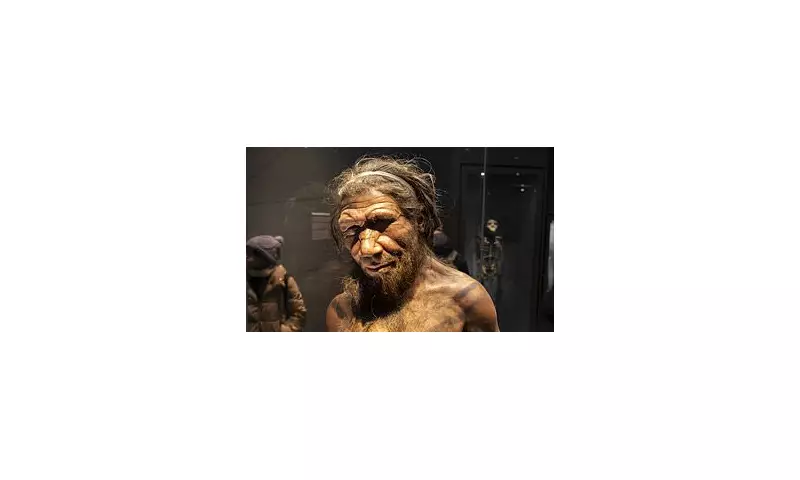
For decades, the mysterious disappearance of the Neanderthals has been a subject of intense scientific debate. However, a revolutionary new study from Italian and Swiss researchers proposes a paradigm shift: our ancient cousins never truly went extinct at all.
The End of an Era or Genetic Absorption?
The research, published in Scientific Reports, challenges the long-held notion of a classic extinction event. Instead, the scientists argue that Neanderthals experienced a gradual 'genetic assimilation' into our own species, Homo sapiens. Over a remarkably short period—as little as 10,000 years or at most 30,000 years—interbreeding led to the complete genetic absorption of the Neanderthal population.
'Our results highlight genetic admixture as a possible key mechanism driving their disappearance,' stated the research team, led by Andrea Amadei at the University of Rome Tor Vergata. They conclude that 'Neanderthal disappearance rather than a true extinction might be conceived as the result of genetic dilution.'
A New Timeline for Human-Neanderthal Coexistence
The story of our intertwined history is complex. Homo sapiens migrated out of Africa between 60,000 and 70,000 years ago, entering Eurasia where Neanderthals had already been established for hundreds of thousands of years. For several millennia, the two species coexisted.
Evidence suggests they communicated, possibly with basic language, and inevitably, they bred. Despite physical differences—Neanderthals had large noses, strong brow ridges, and stocky bodies—they were genetically similar enough to Homo sapiens to produce healthy offspring. This is why most non-Africans today carry one to two per cent of Neanderthal DNA in their genomes.
The study used a mathematical model to simulate small-scale, recurring migrations of modern humans into Neanderthal territories. The results indicate that sustained gene flow from the larger Homo sapiens population, which numbered in the thousands more than the Neanderthals, led to successive 'genetic perturbations'. This ultimately caused the Neanderthals' genetic signature to be swallowed up.
Rethinking the Causes of Demise
This new theory provides a plausible alternative to other hypotheses for the Neanderthals' downfall. While factors like climate change or violent conflict with Homo sapiens for resources may have played a role, the study finds little support for a sudden catastrophic event wiping them out.
The research frames this genetic absorption as a 'pivotal moment in human evolution'. It suggests that the disappearance was a gradual phenomenon, with local populations fading at different times rather than in a single, swift extinction.
The team acknowledges that other elements contributed but emphasises that the enduring presence of Neanderthal DNA in humans today means, genetically speaking, it cannot be considered a true extinction. Future studies combining genetic and archaeological data will be crucial to fully understanding this profound chapter in our shared history.





